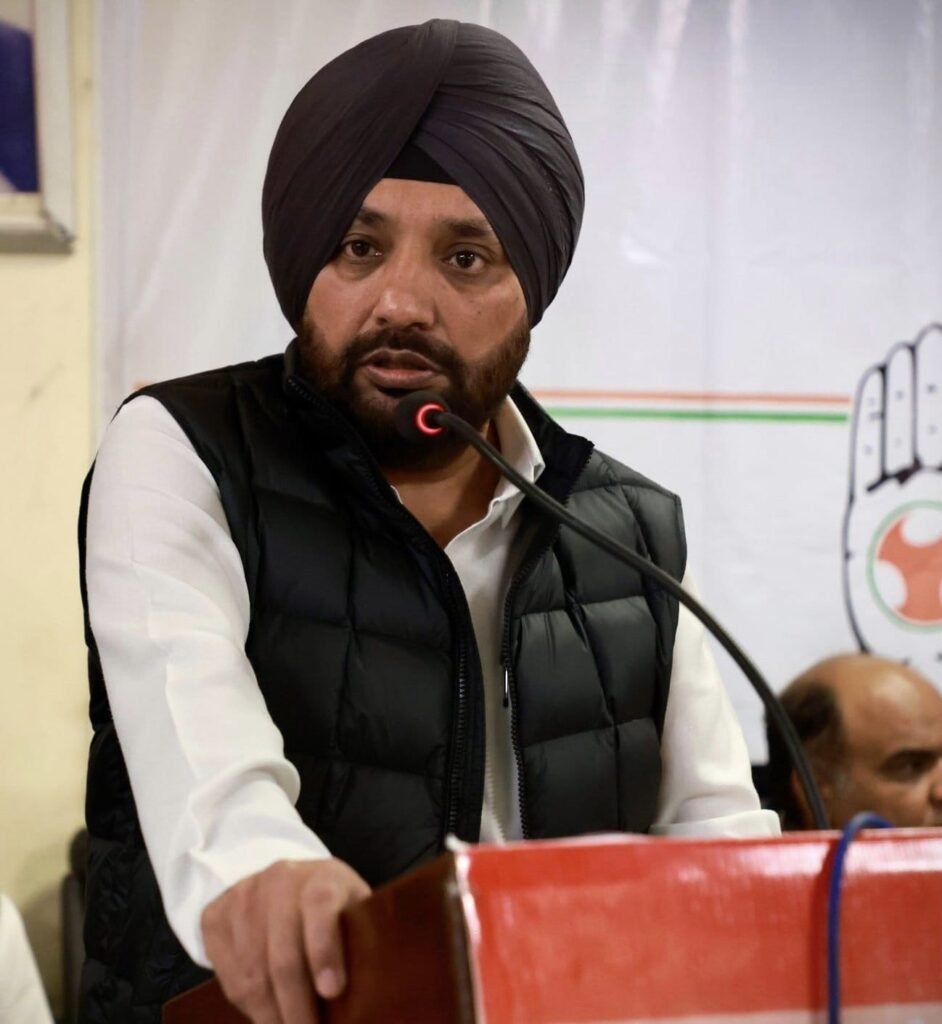In the recent political landscape of Delhi, a significant event occurred as former Delhi Congress chief Arvinder Singh Lovely transitioned to the Bharatiya Janata Party (BJP). Let’s delve into the details of this political maneuver and its implications.
Table of Contents
The Background Story
Discussions and questions were created in political circles by Arvinder Singh Lovely’s resignation as Delhi Congress leader. He strongly objected to the Congress party’s plan to establish an alliance with the Aam Aadmi Party (AAP), which prompted him to leave. It was clear that Lovely’s departure had more to do with morals and ideological disagreements than just a personal choice.
Critical Resignation Letter Points
Lovely wrote in his resignation letter that he was unhappy with several party members’ candidatures. He specifically attacked Kanhaiya Kumar and Udit Raj’s candidature, pointing out that they had no affiliation with the Delhi Congress. Lovely also made it clear that his departure was motivated by opposition to the party’s actions rather than a desire for a ticket.
Joining the BJP
A few days after he resigned, Arvinder Singh Lovely joined the BJP and caused another stir. His announcements, which presented the choice as a calculated attempt to solve the issues the city has experienced recently, emphasised the chance to serve Delhi and the country.
Impact on Delhi Congress

Lovely’s departure dealt a significant blow to the Delhi Congress unit, exposing internal discord and highlighting leadership challenges within the party. His exit underscored the deep-rooted ideological divisions and strategic disagreements within the political landscape.
Arvinder Singh Lovely’s Perspective

In subsequent interviews, Lovely reiterated that his resignation was specific to the position of Delhi Congress chief, not a departure from the party itself. He criticized the alliance with AAP, citing ideological disparities and concerns over the party’s integrity.
Read Also :-Mahindra upcoming SUV in 2024 with new exciting features.


